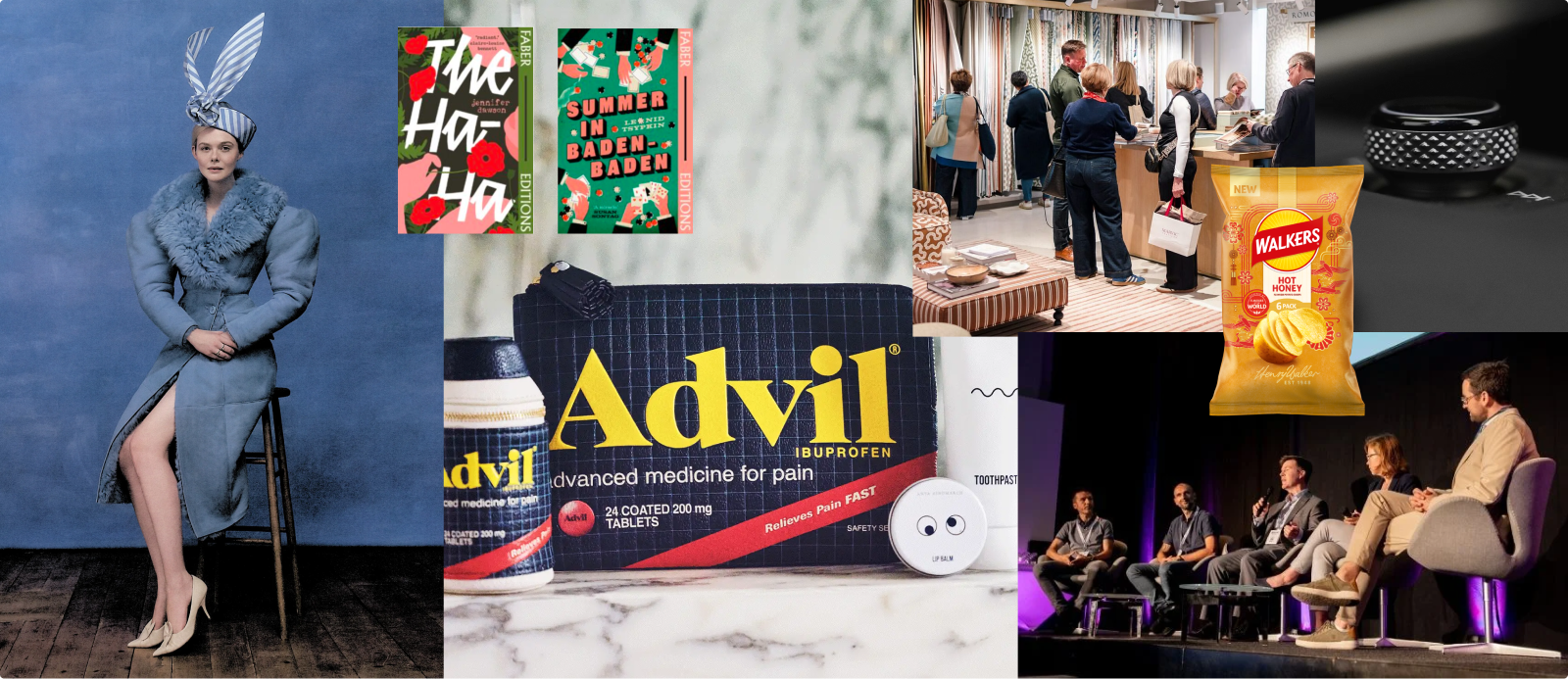

The dialogues we shared about the future of health were both thought-provoking and energising.
Among the many panels and discussions, several key takeaways stood out:
Robert Garber of 7Wire Ventures made a powerful analogy, likening the failure of many healthcare solutions to organ rejection. Often, it’s not the quality of a new solution that leads to its downfall, but rather its inability to be effectively integrated into existing systems.
Success in healthcare innovation, he argued, depends on delivering experiences that feel familiar and intuitive, avoiding radical changes that disrupt workflows or cause cognitive overload.

Robert also challenged entrepreneurs to tackle larger, systemic problems rather than relying on narrowly focused point solutions. While these may offer some benefits, they often fail to create meaningful, lasting impact.
The call to action was clear: think bigger and design solutions that scale.
A recurring theme was the need for measurable return on investment within a 6-12 month window. In today’s financially strained environment, both public and private healthcare systems are prioritizing solutions that deliver immediate value, through cost savings or clear improvements in service delivery.
A special shoutout to Mike Trenell, whose insights are always a highlight. He emphasized the importance of returning to the roots of William Beveridge’s original vision for healthcare: empowering individuals to make informed decisions about their health. Mike highlighted how digital innovation can place more control in the hands of patients, enabling them to take an active role in their healthcare journey. If we embrace and scale such tools, we can better meet the evolving needs of those we serve.
The event served as a strong reminder that while progress in healthcare can be slow, meaningful change is possible when innovation is thoughtfully integrated and people remain at the centre of the solution.
